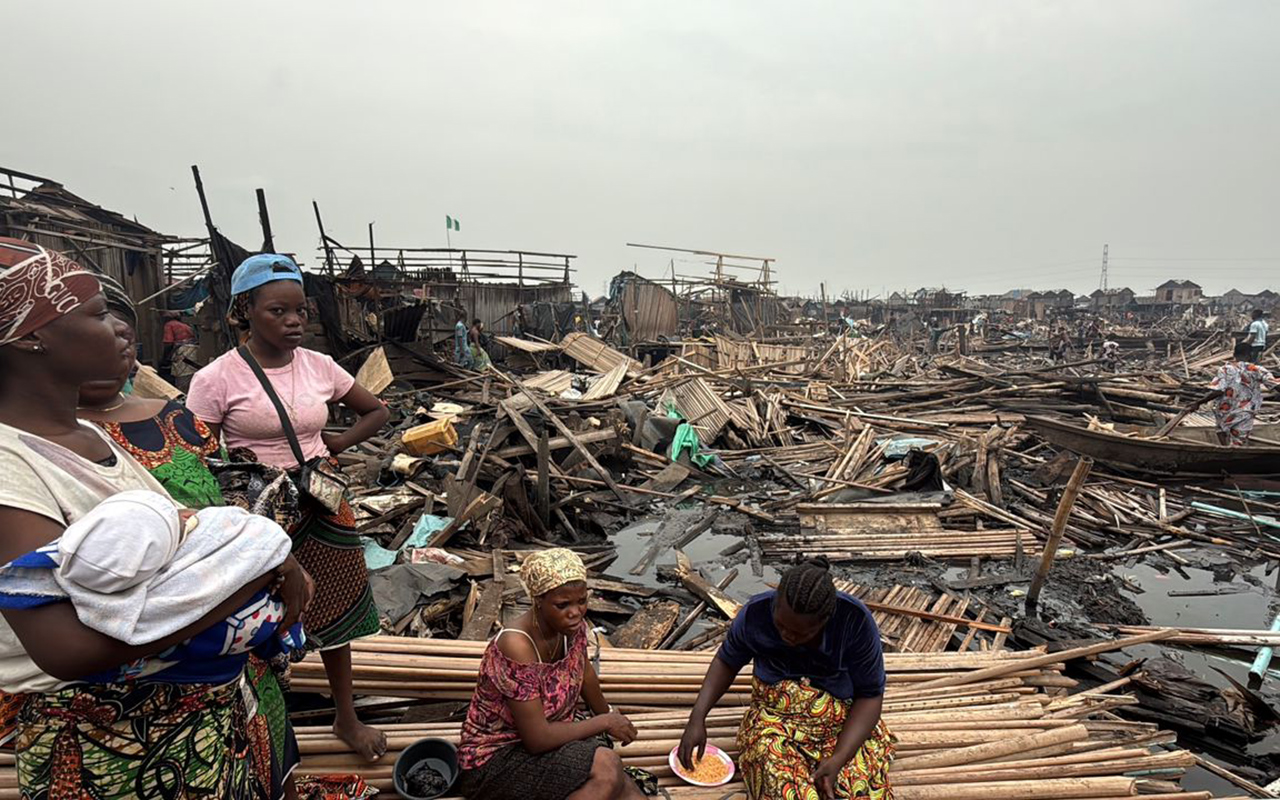To illuminate Nigeria’s thriving creative industry, the Technology for Social Change and Development Initiative (Tech4Dev) has unveiled a comprehensive report and tracker that aims to chart the nation’s dynamic creative ecosystem.
The launch event, held in Lagos, was a collaborative effort with the UK-Nigeria Tech Hub, part of the Digital Access Programme backed by the United Kingdom’s Foreign, Commonwealth, and Development Office. This initiative highlights the commitment of both organizations to nurturing growth, innovation, and cooperation within Nigeria’s creative sector.
This extensive 150-page document, entitled ‘State of Creative Innovation Ecosystem in Nigeria Report 2025’, presented valuable insights and growth opportunities for Nigeria’s creative economy. It delves into key industries, such as film, music, fashion, and content creation, examining their value chains from inception to consumer consumption.
The Founder and President of Tech4Dev, Joel Ogunsola, enthusiastically acknowledged the support received from the Foreign Commonwealth Development Office over the past year, as well as the encouragement from state governments across Lagos, Kwara, and Plateau.
He said, “Based on feedback and some of the suggestions that we have received, look out and watch out for some next steps in terms of what we are going to be doing around this. Ultimately, I say a very big thank you to the team, Michael and the rest of the team that also worked extensively on this.”
“We are super excited about what this will lead to in terms of starting a journey of really tracking where we are, what are the gaps and how far do we still need to go and ultimately what the future state will look like,” Ogunsola added.
Oladiwura Oladepo, Co-founder and Executive Director at Tech4Dev, highlighted the critical economic significance of the project, asserting that the creative economy ranks as the second-largest labor employer in Nigeria. She pointed out the necessity of reliable data to unlock the industry’s true potential.
“It will help to also inform decision making, know where to channel resources and what areas that more money and more resources should be put into to enable the industry to be better. The data-gathering process, which included interviews and consultative sessions, collected a robust sample size of over 1,700 participants,” she said.
Michael John, a Senior Partner at Avaara Partners and a key contributor to the project, further explained that the creative economy tracker is an open-source platform designed to furnish policy makers, investors, and stakeholders with data to stimulate policy decisions and industry growth.
John, who previously served as the Country Manager for Tech4Dev, announced that the launch signifies the conclusion of the Nigeria Creative Growth and Innovation Initiative. He noted that the research initiative offered unprecedented insights into Nigeria’s creative industry’s changing landscape, highlighting both inspiring opportunities and pressing challenges.
“A lot of research has been done in the past, but none has actually taken the standpoint of the value chain, which means understanding how value is created, from creation/conceptualisation to production, to distribution, getting it into the hands of consumers and exhibition.
“Afrobeats, across the world, is one of the top five music genres consumed. We wanted to understand what it was like for the average creator. Where do you get the skill from? How do you come up with the idea? How easy is it for you to turn this thing into an actual product? And even after you have turned it into a product, are you able to distribute it? How do you collect money? What kind of technology do you use? What is missing? Do you need staff? And if you need staff, are you getting skilled staff?” he remarked.
In attendance was Oyinkansola Akintola-Bello, Director of the UK–Nigeria Tech Hub, who underscored the tracker’s potential to provide crucial data on the creative economy, enhancing decision-making for investors and policymakers.
The tracker, she notes “covers seven states across Nigeria’s six geopolitical zones, offering insights into the creative industry’s performance in each region.”
According to Akintola-Bello, the initiative aims to foster growth, innovation, and job creation within Nigeria’s creative sector, marking a significant stride in supporting the digital economy not just in Nigeria but also in countries like Kenya, South Africa, Indonesia, and Brazil.






